Contact us:
info@sami.se
+46 (0)8 453 34 00
About SAMI

What is SAMI?
SAMI is the Swedish collective society for performers. As a non-profit member organisation we ensure that more than 50,000 affiliated rights holders get paid when their music is used. The money comes mainly from about 36,000 businesses all over the country who play music at their premises.

Our assignment
Recorded music is protected by copyright. This means performers are entitled to remuneration when their recordings are played in public. Anyone who wishes to play recorded music at their business premises needs to sign a music agreement with SAMI and pay a music fee. We collect and distribute the remuneration to performers whose recordings have been played.

50/50 with Ifpi
SAMI’s collection of remuneration takes place in collaboration with Ifpi Sweden, who represents the recording producers. Ifpi collects the remuneration for music played on radio, TV and the internet. We collect the remuneration for music played at business premises. All major agreements are negotiated jointly and the collected remuneration is divided equally between SAMI and Ifpi.

International
We collect remuneration for our affiliates all over the world, making sure that foreign organisations pay remuneration for recordings where SAMI-affiliated performers participate. With 66 representation agreements we cover the use of music in 53 countries. This makes SAMI one of the world’s leading collecting societies when it comes to active agreements.
FAQ
What’s the difference between SAMI and STIM?
The major difference between SAMI and STIM is that we represent different rights holders. When you play music in your business, you must pay copyright compensation to both organisations.
SAMI represents the artists and musicians who perform on the music.
STIM represents the authors who write the lyrics and the music.
Even if SAMI and STIM were a joint collecting society, the cost would be the same, since they are two different groups who are both entitled to compensation separately.
How do you know which music has been played?
We regularly receive play reports from radio and television about what music is played in their channels. We also receive reports from DJs all over the country, showing what is being played at discos and nightclubs. The Swedish Authors’ Fund (Författarfonden) also provides us with information about which phonograms have been lent out at Swedish libraries.
But if every single business that plays music at their premises would report every single song to us, there would be unmanageable amounts of data to handle, for them and for us. Instead, we ask the research institute SIFO to conduct a survey for us every year. This gives us the general information on what is being played in public all over the country. When we know what music they play in, for example, shops, restaurants, hotels and gyms, we add this information to the rest of our play reports. Together, all these sources give us a pretty good picture of what music has been played and helps us distribute the collected remuneration as fairly as possible.
Where does the money go?
SAMI is a non-profit-making organisation. The money you pay to play music in your business goes to the artists and musicians who performed on the songs, and a small part to cover our administration. For many artists and musicians, copyright compensation is a very important part of their income that enables them to make a living from their work. When foreign music is played in Sweden, we send the money on to the participants via similar organisations abroad. In the same way, the compensation is sent to us when Swedish music is played abroad, and we pay the money to our artists and musicians. SAMI collaborates with Ifpi Sweden, which represents the music companies. This means that all the money we collect for public performances is divided equally between us. In the same way, SAMI receives half of the money that Ifpi collects from radio and television.
When is the next disbursement?
SAMI makes four regular disbursements a year. They take place in the following months:
- March
- June
- September
- December
What is an ISRC code?
ISRC is an abbreviation for International Standard Recording Code. An ISRC code is a unique code that all recordings must be provided with, much like a social security number. The code enables the identification of songs and a song always retains the same code even if it is reused on, for example, a compilation album. If the song is re-recorded, this is counted as a new recording and given a new ISRC number.
The ISRC code follows an international standard consisting of twelve letters and numbers in combination. It consists of twelve alphanumeric characters that identify:
• Country of origin for rightholders
• Company code
• Recording year
• Recording number and track identity
Is it too late to report a song from 2017?
SAMI has a ten-year statute of limitations for songs played in Sweden, so you can definitely submit recording lists for ”old” songs.
Collecting societies in other countries, however, have their own rules and the limitation period is often between three and five years. This means that you can get the Swedish remuneration for an ”old” song if it has been played, but that the opportunity to claim your remuneration from other countries may be lost.
How do I report a song recorded outside of Sweden?
If you have performed on a recording abroad, you must ensure that we receive documentation that confirms this in order to be able to collect your remuneration. In order for us to claim your remuneration from other collecting societies, we need as much information as possible about the recording.
You need to fill in a form for recording abroad and take a copy of the cover to prove you are performing on the recording. Send us an email with the information, and if you have any further questions on the topic, please contacts us at medlemsservice@sami.se
Why do I have to pay?
Music makes the world more pleasurable and behind it is the work of the performers. You have the right to play music at your business premises, but you are obligated to compensate the performers for it. According to Articles 45-47 of the Swedish Copyright Act (URL), artists and musicians are entitled to compensation when their music is used in public and a music fee shall be paid when making sound recordings available. This means that everyone who plays music for their customers, guests or more than 40 employees must pay our music fee. We collect and distribute this remuneration to all the performers who make our public places more enjoyable to visit.
How do I sign a music agreement?
To sign a music agreement, you just need to fill out our form. Start by choosing your business area and then answer some questions about your business and how you use music. We have limited information and different music agreements in English online, if you can’t find a music agreement suitable for your type of business, please contact our customer service.
I already have a license with STIM
Since SAMI and STIM represent different rights holders, you must pay copyright compensation to both organisations when you play music in your business. SAMI represents the artists and musicians who perform on the music. STIM represents the authors who write the lyrics and the music. Even if SAMI and STIM were a joint organisation, the cost would be the same, since they are two different groups who are both entitled to compensation separately.
Can I play Spotify if I have a music agreement?
Yes, if you have a music agreement with us, you can play from any music source you want. But you need to have the right Spotify subscription, since the standard Spotify Premium subscription is only for private use according to the user agreement. To be able to stream music from Spotify in your business, you need a subscription for commercial use. Learn more on Soundtrack Your Brand


